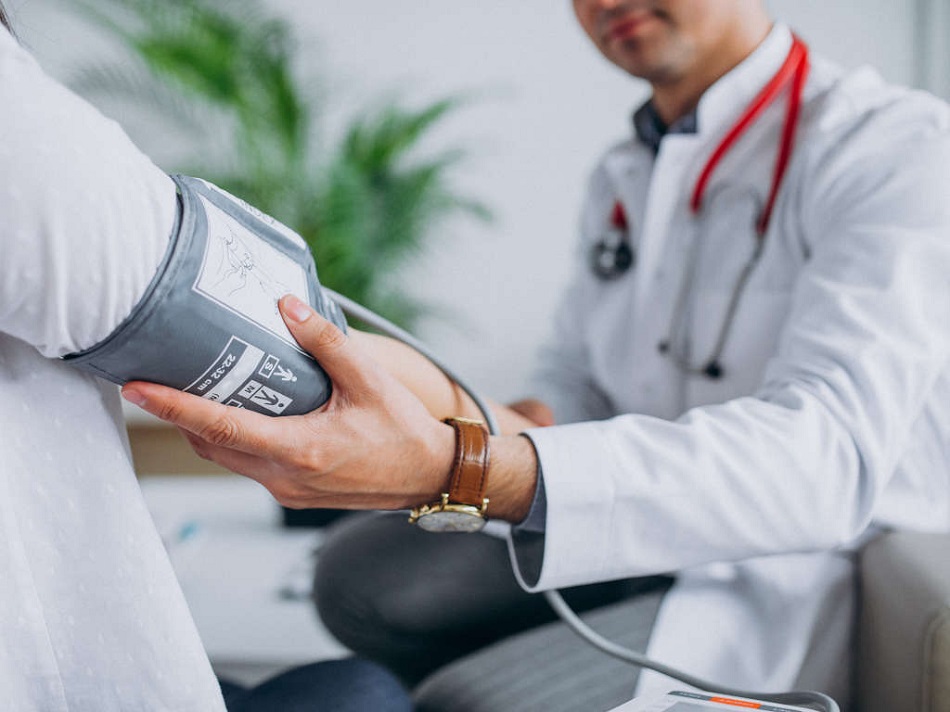
Detoxification is a crucial step in the recovery journey for many individuals with substance addiction. Yet, it’s far more than simply quitting a substance; it’s a medically complex process that requires careful planning and, ideally, medical supervision. Given the challenges and health risks that can accompany detox, medical oversight can be a life-saving aspect. In this blog post, we explore the importance of medical supervision during detox and why it’s essential for a safe and successful recovery.
Understanding the Detox Process
Detox is the process of allowing the body to rid itself of a substance while managing the symptoms of withdrawal. The symptoms can range from mild to severe, depending on factors like the substance involved, the duration of use, and individual physiology. According to SAMHSA’s recent announcement detailing mental illness and substance use levels in 2021, substance addiction remains a critical public health concern, making safe and effective detoxification methods more crucial than ever.
Risks of Unsupervised Detox
Attempting to detox without medical supervision can be risky for several reasons:
-
Severe Withdrawal Symptoms: Substances like alcohol, opioids, and benzodiazepines can lead to potentially life-threatening withdrawal symptoms like seizures, severe dehydration, or cardiac events.
-
Psychological Symptoms: Anxiety, depression, and emotional distress are common during detox and can become unmanageable without professional help.
-
Relapse Risk: The discomfort and cravings during detox can make it tempting to relapse just to ease the symptoms, setting back the recovery process.
The Role of Medical Supervision
Medical supervision during detox involves continuous monitoring of physical and mental health, medication management to alleviate withdrawal symptoms, and immediate medical intervention if complications arise. If you’re considering detox, you may be wondering what is medical detox and how it differs from other methods. Medical detox is an evidence-based, clinically supervised process that focuses on patient safety and comfort, providing a crucial foundation for long-term recovery.
What to Expect in Medically Supervised Detox
-
Initial Evaluation: A complete medical history, along with blood tests, and psychological assessments, guide the detox plan.
-
Monitoring: Frequent checking of vitals, withdrawal symptoms, and overall well-being.
-
Medication: Use of FDA-approved medications to manage withdrawal symptoms.
-
Emotional Support: Access to psychological support to manage anxiety, depression, and other emotional symptoms.
According to NIDA’s guidelines on addiction treatment, medically supervised detox is generally the safest option for addiction treatment.
Considerations for Family and Caregivers
Family members play a vital role in the detox process by offering emotional support. However, it’s crucial to understand that the medical complexities involved in detox make professional supervision necessary. Medical teams can provide family education and engagement as part of a comprehensive approach to care.
Safeguarding Recovery: The Imperative of Medical Supervision in Detox
Embarking on the path to recovery is a courageous step, and it’s essential to ensure that you’re as safe and comfortable as possible during the process. Medical supervision during detox is not just a luxury but often a necessity. It offers a clinically sound, evidence-based approach to handling withdrawal symptoms and paves the way for the therapeutic work that often follows detox. As you consider the options available for addiction treatment, remember that your safety and well-being should be at the forefront. Always consult healthcare professionals for a personalized treatment plan tailored to your needs.



